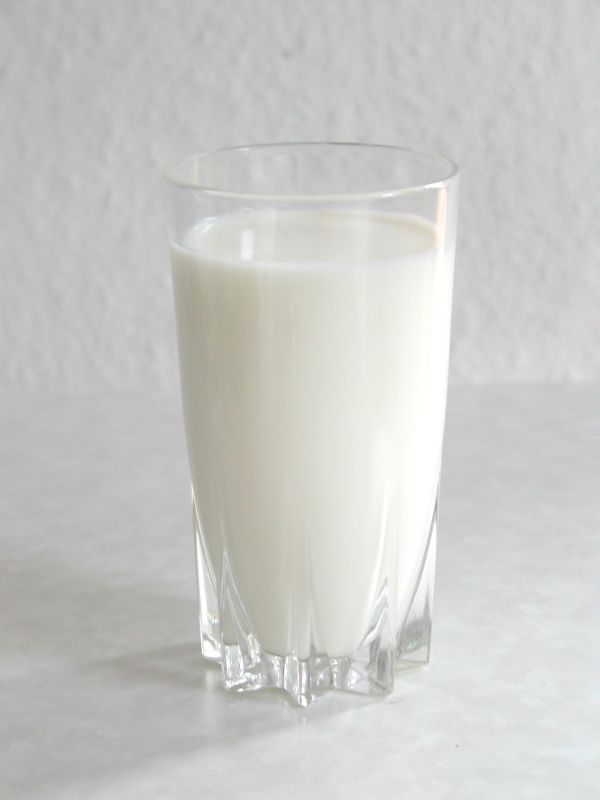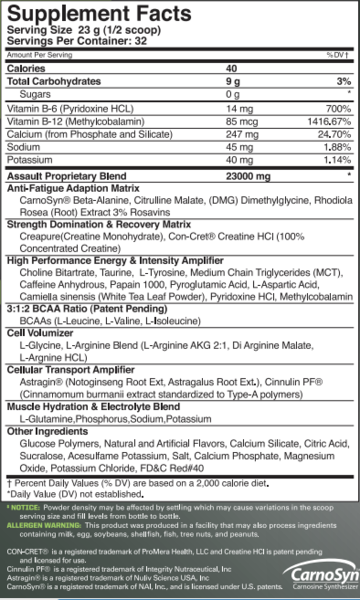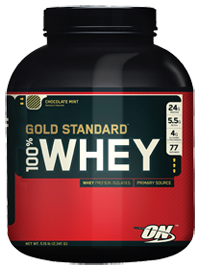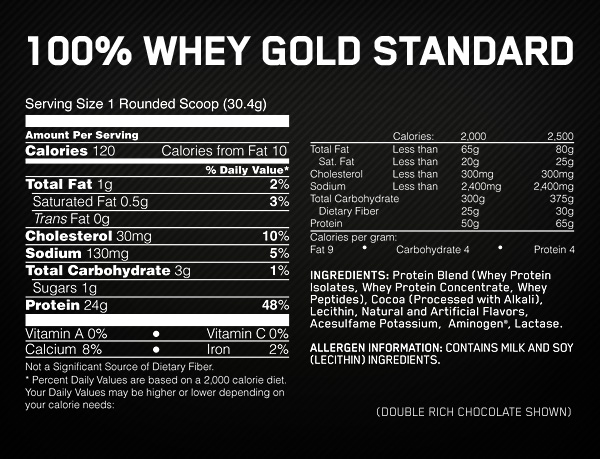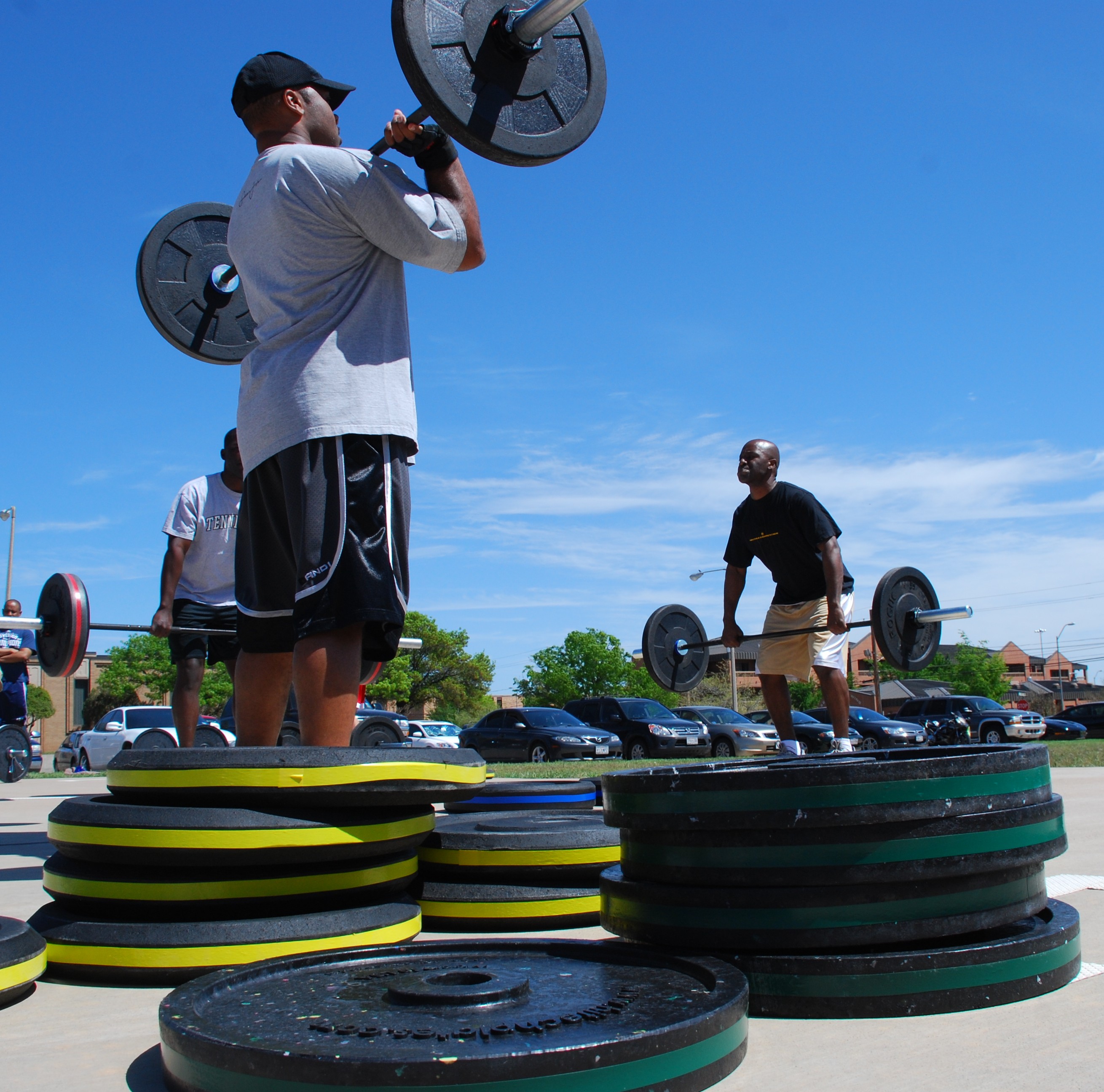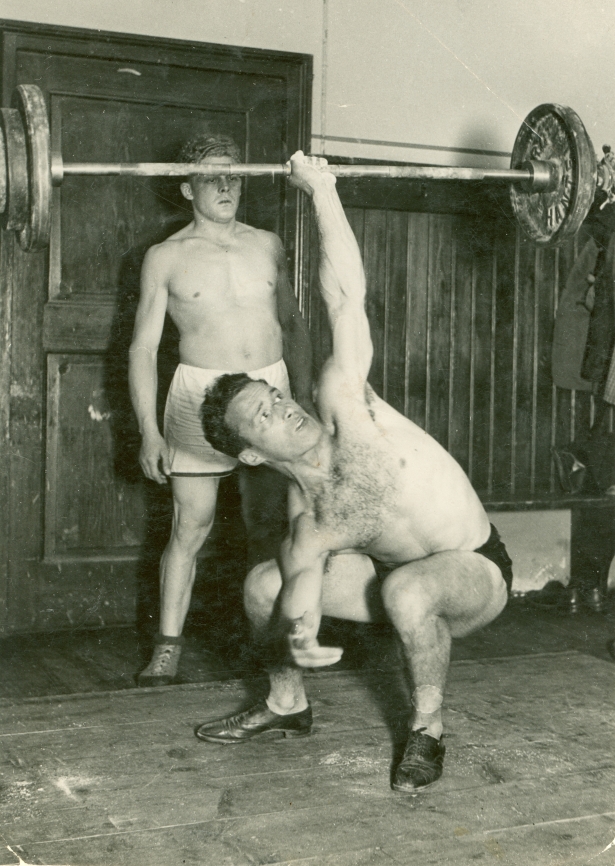The body needs plenty of protein because protein builds muscle and aids in a variety of internal processes. While most Americans eat plenty of protein in their diets, getting the right kind of protein is just as important as how much is consumed. Different proteins play different roles in muscle growth, immunity, hormone regulation, and energy production. Whey proteins have become popular as a supplement because they can be used for muscle building as well as a variety of other health benefits.
What are Whey Protein Supplements?

As the name suggests, whey protein comes from whey, a by-product of cheese production. It contains all of the soluble proteins and nutrients from milk, but is dehydrated into a more convenient supplement form. Whey is generally available in three different forms: concentrates, isolates, and hydrosolates.
Concentrates still contain fats and lactose, but are less processed than other whey protein forms. Isolates have the fat and lactose removed and are made up of a higher percentage of pure protein. Hydrosolates are processed even further and metabolize more easily. All of the forms of whey protein can be used as a pre-workout supplement to increase gains in muscle mass (1).
The Benefits of Whey Protein
Whey protein is an incredibly popular supplement for bodybuilders due to its ability to help increase muscle mass and endurance and reduce body fat. It stimulates protein synthesis in the muscles, which means more muscle mass and more energy.
These proteins are also absorbed quickly, meaning that they start working faster than other supplements. Whey protein will increase blood flow to muscles, providing energy and allowing for a faster post-workout recovery. On top of the workout benefits, whey proteins contain leucine, a compound that helps the body to adapt to high levels of stress from exercise. Whey contains antioxidants that destroy free radicals, and also blocks harmful carcinogens from affecting the body. Using whey protein not only helps during and after workouts, but also protects your body from outside threats.
How Much Whey Protein to Take
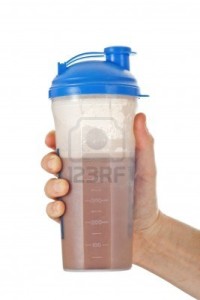
Ultimately, the body needs at minimum between 46 and 56 grams of protein per day, and whey protein is a great way to reach, or even exceed, that number. Proteins from food are necessary to keep the body running, but adding whey protein has the added benefit of being a workout booster.
A whey protein supplement can be taken before workouts, usually in an amount of 10 to 20 grams, but can also be taken post-workout at 20 to 40 grams. It can also be taken in between meals for an extra boost. The amount of protein needed by the body is actually fairly small; supplementing with whey protein means that you get extra nutrients, more power, and more strength.
1. Burke, Darren G. “The Effect of Whey Protein Supplementation With and Without Creatine Monohydrate Combined With Resistance Training on Lean Tissue Mass and Muscle Strength”. International Journal of Sport Nutrition and Exercise Metabolism. Human Kinetics Publishers, Inc.

